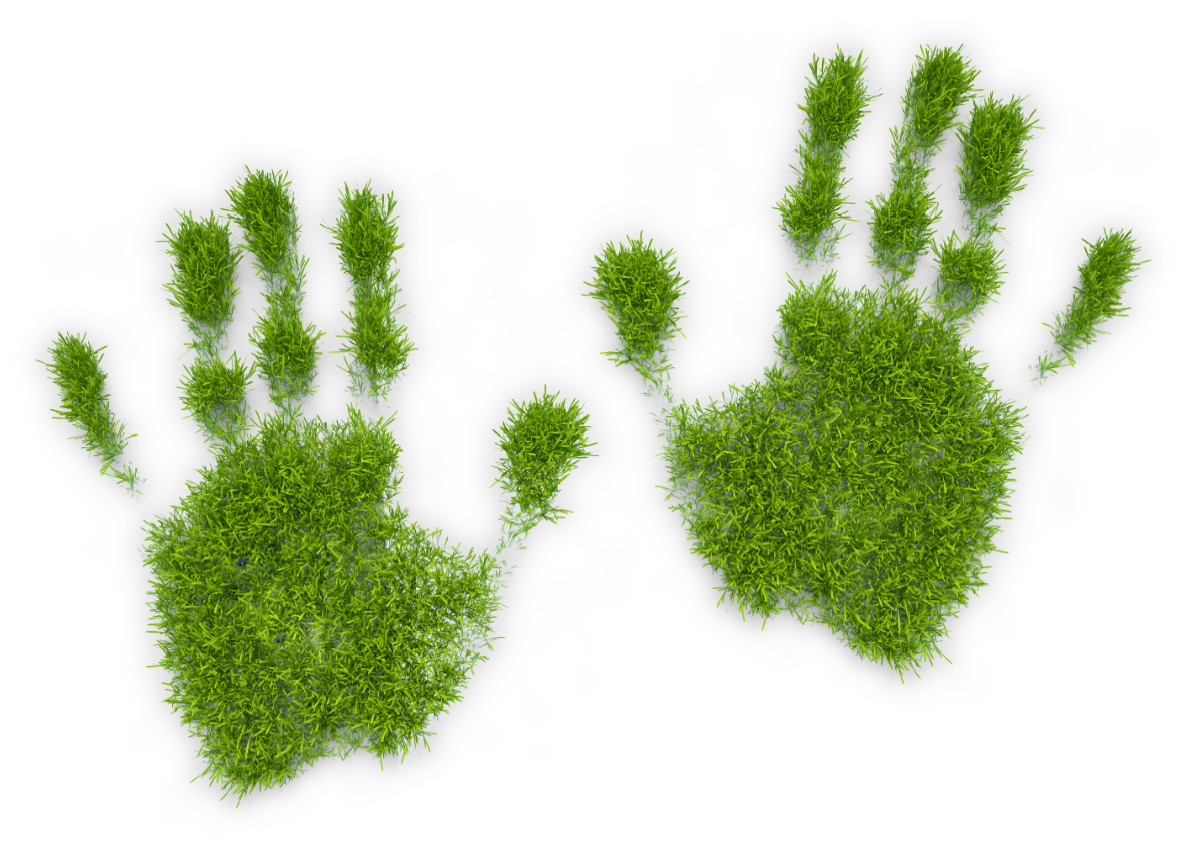
Arts & Culture
Building a society that thrives, not just survives

Environmental law scholar Robin Craig on realism and resilience in managing our natural resources
Published 25 March 2016
Environmental legal scholar Professor Robin Craig argues that the doctrine of sustainability in managing our natural resources fails to take into account an emerging age of ecological uncertainty.
Instead, notions of sustainability and sustainable development need to make way for approaches based on resilience thinking, which attempts to factor in and adapt to coming large-scale social and ecological shifts brought about by climate change.

Arts & Culture
Building a society that thrives, not just survives
“Resilience thinking opens the door to acknowledging that variability can be much more extreme than you think, and that transformation is in fact part of what ecosystems do,” says Professor Craig.
Subscribe to Up Close through iTunes.